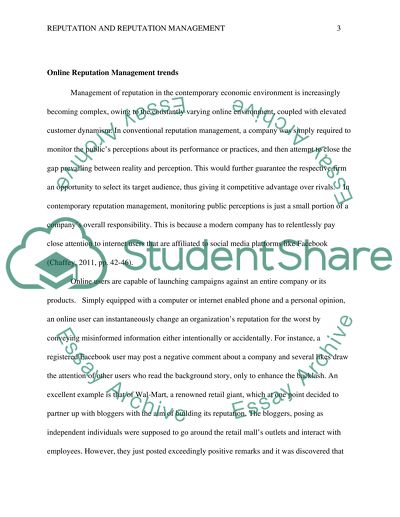Cite this document
(“Reputation and Reputation Management: Facebook Assignment”, n.d.)
Reputation and Reputation Management: Facebook Assignment. Retrieved from https://studentshare.org/marketing/1475713-reputation-and-reputation-management-in-online
Reputation and Reputation Management: Facebook Assignment. Retrieved from https://studentshare.org/marketing/1475713-reputation-and-reputation-management-in-online
(Reputation and Reputation Management: Facebook Assignment)
Reputation and Reputation Management: Facebook Assignment. https://studentshare.org/marketing/1475713-reputation-and-reputation-management-in-online.
Reputation and Reputation Management: Facebook Assignment. https://studentshare.org/marketing/1475713-reputation-and-reputation-management-in-online.
“Reputation and Reputation Management: Facebook Assignment”, n.d. https://studentshare.org/marketing/1475713-reputation-and-reputation-management-in-online.


